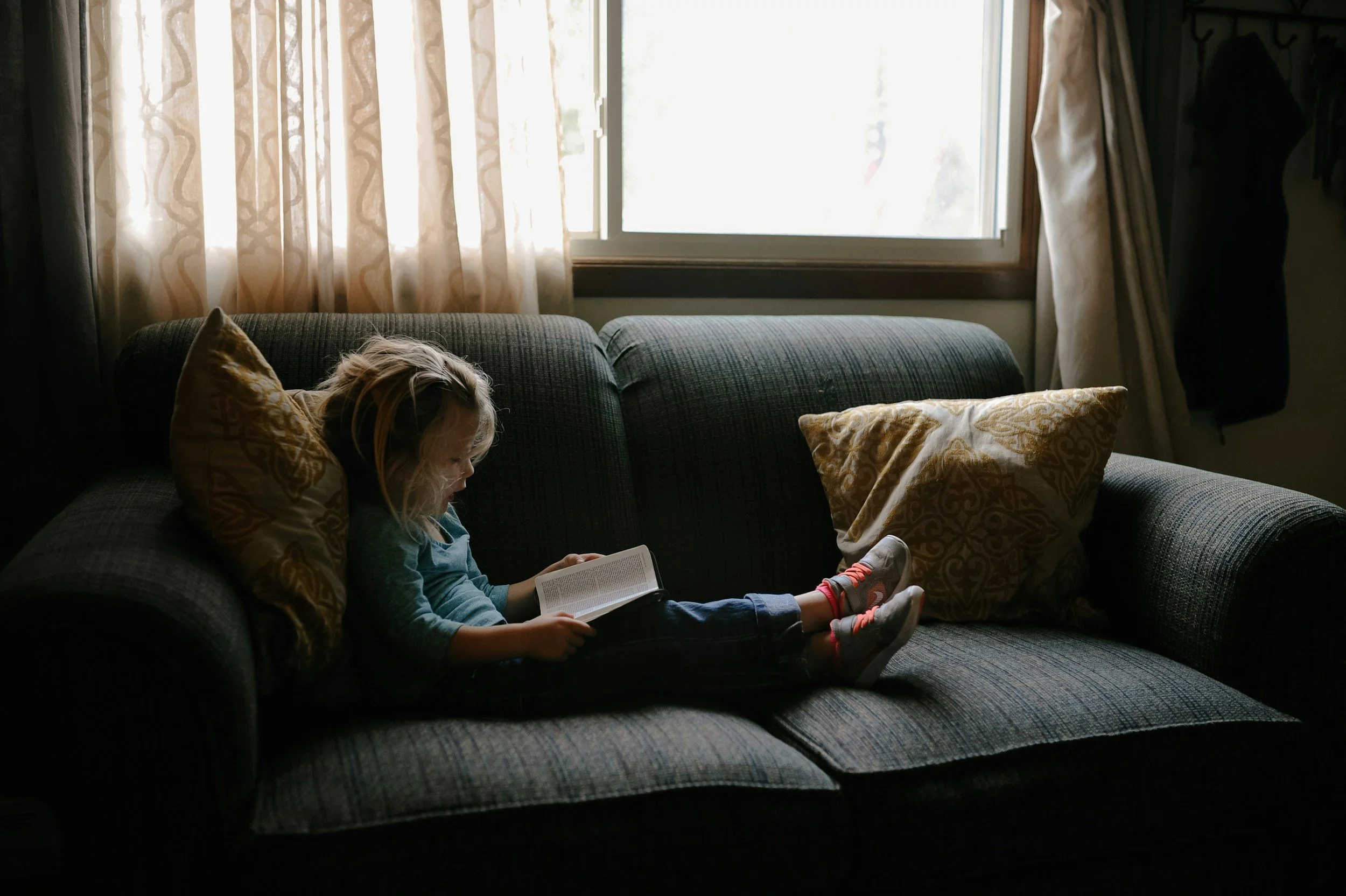Divorce Guide: Does Divorce Affect Child Development? Debunking Myths - How Divorce Can Positively Impact Child Development
Divorce is a significant life event that can raise many questions and concerns, especially when it comes to children. One common question parents may ask is, "Does divorce affect child development?" It's a valid concern, but the truth is, divorce does not have to negatively impact children. In fact, divorce can foster healthy development and resilience in children when handled with care and sensitivity!
Here's why divorce can have positive effects on child development in the long run:
1. Improved Emotional Well-being: While divorce may initially evoke feelings of sadness or confusion in children, it can ultimately lead to improved emotional well-being. Living in a household filled with conflict and tension can be detrimental to children's mental health. Divorce provides an opportunity for children to experience stability and emotional support in separate households, leading to greater overall happiness and security.
2. Enhanced Coping Skills: Navigating the challenges of divorce can help children develop valuable coping skills and emotional resilience. Learning to adapt to change, manage stress, and express emotions in a healthy way are essential life skills that can serve children well into adulthood. Through supportive relationships and effective communication, children can thrive despite the challenges of divorce.
3. Stronger Parent-Child Relationships: Divorce can provide an opportunity for parents to focus more fully on their relationships with their children. Quality time spent with each parent can strengthen parent-child bonds and foster a deeper sense of connection and understanding. Children may also feel more comfortable expressing their thoughts and feelings in a supportive and nurturing environment.
4. Increased Independence: Divorce often requires children to adapt to new routines and responsibilities, promoting independence and self-reliance. Learning to navigate transitions between two households and manage their own belongings can empower children to take ownership of their lives and develop a sense of autonomy.
5. Positive Role Modeling: When parents approach divorce with empathy, respect, and cooperation, they model healthy relationship dynamics and conflict resolution skills for their children. Witnessing parents navigate challenges with grace and resilience sets a positive example for children, teaching them valuable lessons about communication, compromise, and resilience.
6. Opportunities for Growth: Divorce represents a period of transition and change, but it also offers opportunities for growth, self-discovery, and personal development. Children learn to adapt to new circumstances, embrace change, and cultivate a sense of optimism for the future. Through resilience and perseverance, children can emerge from divorce stronger, more compassionate, and better equipped to navigate life's challenges.
So, while divorce may present challenges, it does not have to negatively impact child development. With love, support, and effective communication, children can thrive in the aftermath of divorce, emerging as resilient, empathetic individuals capable of overcoming adversity and embracing the journey ahead. Remember, divorce is not the end of the story—it's a new beginning filled with possibilities for growth, healing, and transformation.









